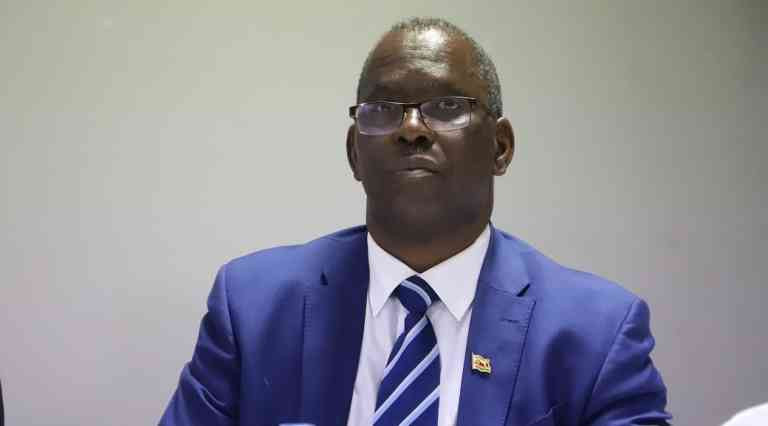
ZIMBABWE is set to host a Southern African Development Community (Sadc) Meeting of Ministers Responsible for Education and Training, Science, Technology and Innovation to align education systems with industrialisation and innovation goals.
The event, set for June 20, will bring together policymakers and education leaders from across the region to discuss and shape transformative strategies for human capital development and regional integration.
The meeting aims to foster a harmonised approach to education, research and innovation to drive sustainable development across the Sadc bloc.
Permanent Secretary for the Higher and Tertiary Education ministry Fanuel Tagwira said the gathering would set the tone for a new era of education and innovation in the region.
“Historically, education in Africa has not always aligned with developmental needs. Zimbabwe has taken the lead through the implementation of Education 5.0 and now we see a growing regional recognition of the need for transformational education,” said Tagwira.
Among key issues on the agenda is the proposed establishment of a Sadc Institution of Transformation, a regional university that co-ordinates programmes aimed at driving industrialisation and technological advancement across member States.
Another critical point of discussion will be the operationalisation of the Sadc Qualifications Framework, which seeks to harmonise degree structures and academic standards among member countries.
“This qualifications framework is crucial. It ensures that a student in Zimbabwe, for instance, can seamlessly continue their studies in Angola or Namibia without facing disparities in curriculum or programme content,” Tagwira said.
- Sadc meets over water, energy and food security
- Opposition loses hope on reforms
- A regional approach is needed to address the electricity problem
- Anti-sanction music gala unites artistes
Keep Reading
“We are also discussing the Sadc minimum bodies of knowledge for various degree programmes to support this harmonisation.”
The summit will also explore mechanisms to strengthen regional innovation ecosystems and promote cross-border collaboration in science and technology.
This aligns with Sadc’s broader objective of fostering knowledge-based economies that can compete globally while addressing local development challenges.










